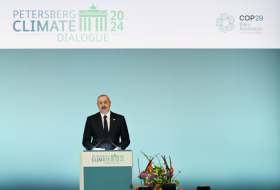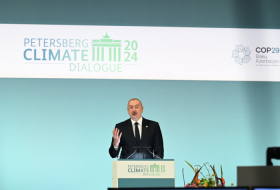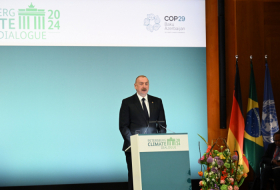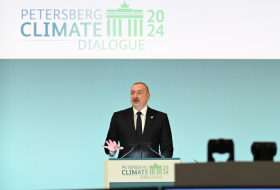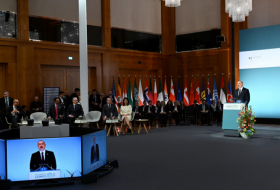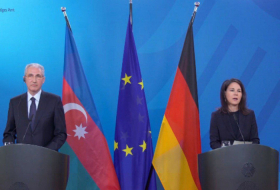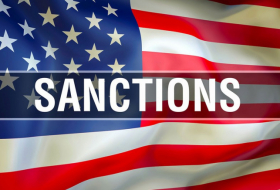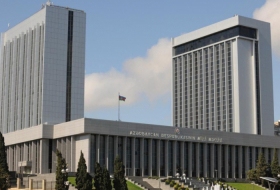Ban Ki-moon, the UN`s `invisible man`, bids farewell
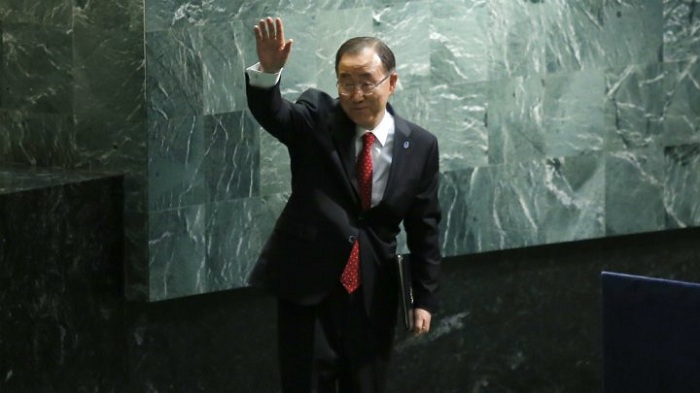
"I have maintained a focus on people’s dignity and rights — the pillars of our common humanity. I have sought to stand up for the vulnerable and those left behind today. And I have tried to be sure that we are doing all we can so that future generations can live in peace," he said.
It was a typically reserved farewell for a man who has become known for his calm, courteous and considered style of diplomacy. But it is these very characteristics that his critics would say have prevented him from providing the kind of firm, effective leadership the organisation needs.
The `invisible man`
It was his understated style and lack of charisma when facing the media that earned him the unflattering "invisible man" epithet in diplomatic circles and sometimes much stronger criticism – even from those who worked with him most closely.
In 2010, in a leaked memo to Ban, the outgoing head of the UN`s internal oversight office warned the secretary-general that the world body was "in a process of decay" under his leadership.
"[It] is not only falling apart … it is drifting into irrelevance," wrote Sweden`s Inga-Britt Ahlenius.
Ban`s defenders would say that what the secretary-general says in public is just one part of the job, with behind-the-scenes diplomacy – encouraging cooperation, smoothing the way for progress – the principal, and largely unseen, work of the head of the UN.
But when Ban has had the opportunity to take decisive action – mostly when it has come to the UN`s own internal challenges rather than external crises – he has often failed to do so.
He has been criticised for being too slow to act over a string of sexual abuse claims committed against children by UN peacekeepers in the Central African Republic, with UN leadership, if not specifically Ban himself, accused of trying to cover up the scandal.
Then there is the long-running saga of the Haiti cholera epidemic, a disease brought to the impoverished nation by UN peacekeepers for which Ban, until very recently, had failed to apologise. Even after the apology, the fact that the UN has refused to take legal responsibility for bringing the disease to Haiti in 2010, leading to the deaths of more than 9,300 people has, for some, indelibly tarnished Ban`s legacy.
Changing style
Nevertheless, that apology represented a recent shift in Ban`s leadership style, which in the final years of his stewardship of the UN has been, if still fairly understated, at least more willing to break with protocol.
His stinging criticism of the Syrian regime in September and the blaming of Russian air strikes in the country for the collapse of peace talks are further examples. He also invoked the wrath of Israel when he spoke last year of Palestinian "frustration" after a "half century of occupation" and joined activists in speaking out against discrimination against homosexuals ahead of the Sochi Winter Olympics in Russia in 2014.
His crowning achievement though is one that he himself has described as "one of his proudest moments": the signing of the Paris climate change agreement, the result of years of diplomatic effort on an issue that has long been one of Ban`s top priorities.
The agreement appears to be one example where Ban`s tactic of low-key, gentle encouragement appears to pay off. It only remains to be seen if that achievement is torn down following Donald Trump`s election as US president.
The `talking jackhammer` takes over
For many though, Ban has simply been too predictable, staid and timid in the face of an increasingly fractious geopolitical landscape. Statements in which he expresses his "shock" or "sadness" at each new unfolding tragedy, war crime or atrocity have all too often come across as meaningless platitudes without the requisite actions to back them up.
At the UN headquarters in New York on Monday Ban was treated to a standing applause by the General Assembly as representatives from around the world paid tribute to the outgoing leader, a sign that there is still a great deal of affection for a secretary-general who, whatever his shortcomings, has always come across as sincere and caring.
Meanwhile, Ban`s successor, Antonio Guterres of Portugal, has already been sworn in. He inherits an organisation struggling to prove it can still be an effective tool for conflict resolution in an age where global crises, from the war in Syria to the refugee problem, seem to be mounting.
In terms of style at least, he represents a break from the past: forthright and outspoken, Guterres has earned himself the nickname “the talking jackhammer”. It is unlikely such a nickname would ever be attached to his predecessor.









